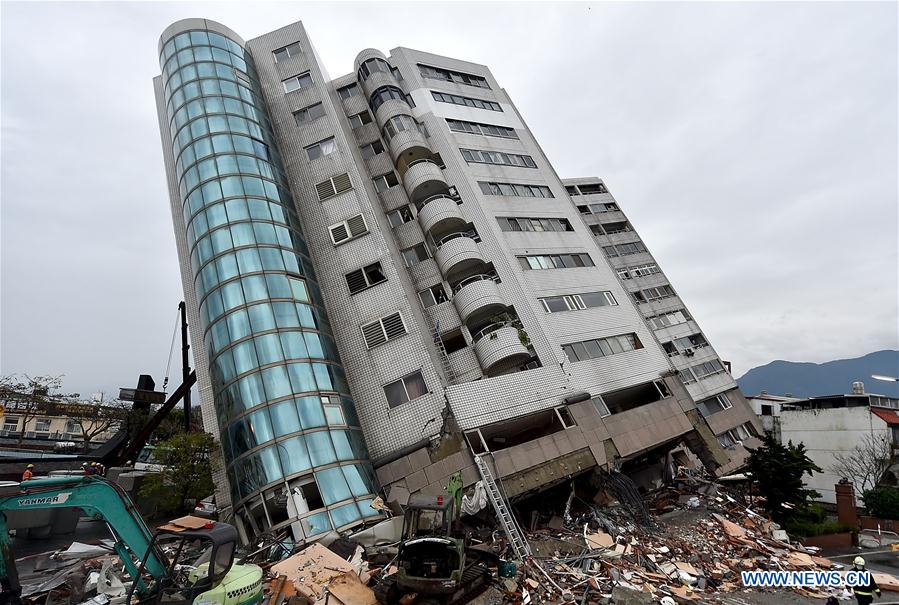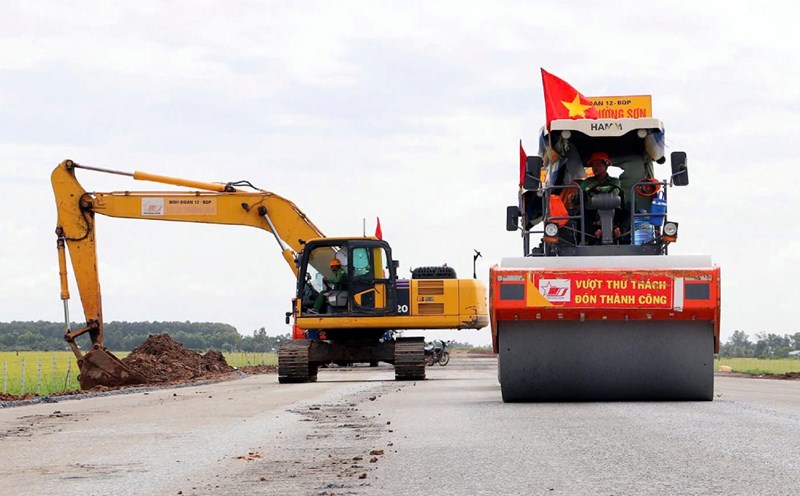The above research has just been published in the world's leading scientific journal Nature Geoscience, which has shocked scientists.
For centuries, geologists have had a headache asking why Portugal - located far from major fault lines - still suffers from terrible earthquakes. On November 1, 1755, Lisbon was rocked by an 8.7 degree richter earthquake, killing tens of thousands of people and creating a naturally-detecting Tsunami that reached the Caribbean.
In 1969, a 7.8-magnitude earthquake off the coast of Portugal killed 25 people, raising suspicions of an underground force underwater.
What is strange is that these earthquakes appear in a calm bottomless plain, without any subduction zones there, said Professor Joao Duarte (University of Lisbon, lead author of the study published in Nature Geoscience.

After years of combining seismic data and computer models in the Horseshoe Delta in southwestern Portugal, Professor Duarte's team discovered signs of "delamination" - the phenomenon of the rock under the Earth's shell separating and sinking like "pedal shoe". This could be the seeds that form a new subduction zone under the Atlantic.
This phenomenon has never been seen in the ocean shell, which is usually as stable as the hard caramel layer above and softer below - a creme brulee, as Professor Duarte compares. But in this area, the seawater that has gradually seeped into the years has weakened the rock structure, paving the way for manti to sink deeper inside.
If the hypothesis is correct, humanity may be witnessing the "incearance of a new subduction zone", capable of changing the fates of continents in the coming millions of years: Pulling Europe, Africa and the Americas together, uniting into a new supercontinent.
But before that long-term geological scenario occurs, the more urgent danger is the earthquake. Heavy earthquakes will definitely happen again, warned Professor Duarte. And with Atlantic coastal areas not yet well prepared, the consequences could be disastrous.
Like when you predict the weather for tomorrow, there will be rain, you bring an umbrella. You don't need to know exactly when it will rain, just be ready. With earthquakes too, it is important to be prepared - Professor Duarte pointed out.











